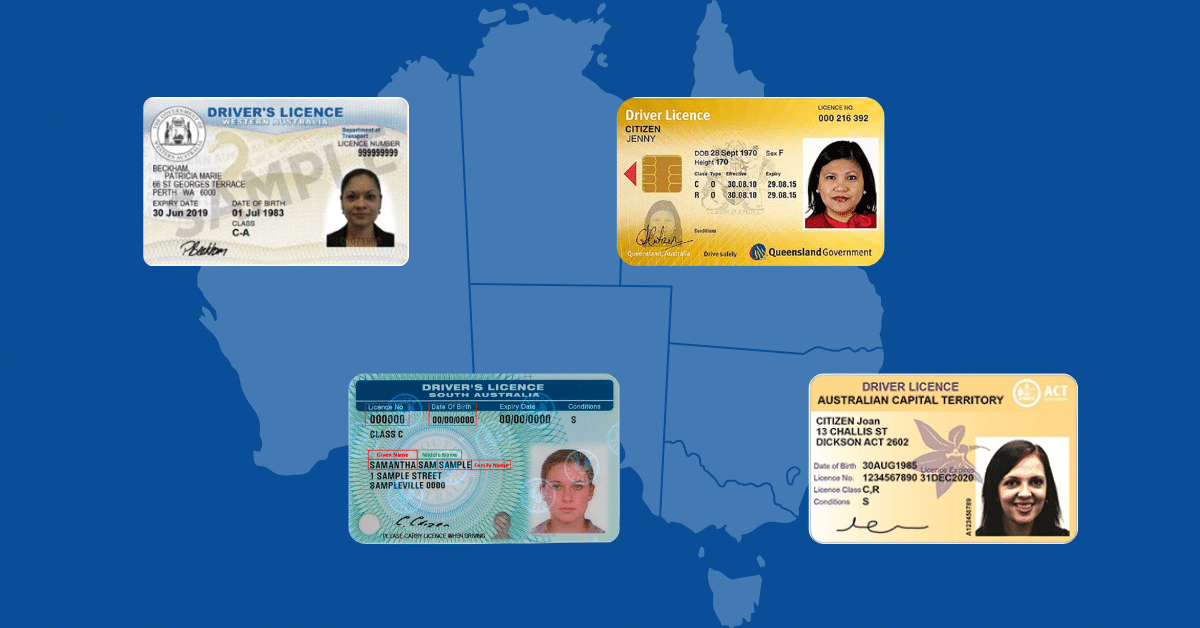Last updated on October 16th, 2024 at 09:38 am
As a seller of age-restricted products or content, there is both a moral and legal obligation to ensure these products are not accessible to minors. It seems simple; in the past just adding an “Are you over 18 or 21?” question on your website was sufficient. However, having a button or checkbox in place does not result in online age verification, and with increasing regulations and oversight, your business may not be in compliance with the law.
Regulations based on industry
Nicotine Products
Buying and selling vapes, or other e-cigarettes and tobacco products, online is extremely common, and while specific regulations vary from state to state, it is federally illegal to sell any nicotine products to a person under the age of 21. However, a recent study by the Truth Initiative found that over 75% of online vape shops allow customers to checkout without proper age verification. With 10% of high schoolers and 6.6% of middle schoolers currently using e-cigarettes or vapes in 2023, it’s clear that these products are widely available to underage users.
Not only is selling nicotine products to underage consumers illegal, nicotine is a highly addictive substance that has been proven to have detrimental effects on developing brains.
Cannabis
Buyers must be at least 21 years old to purchase cannabis in the states that have legalized it. For brick-and-mortar establishments and delivery services it is difficult to successfully purchase marijuana as a minor because when entering a dispensary or upon delivery, customers must present an ID for inspection before they receive their items. However, a recent study published in The Journal of the American Medical Association Pediatrics found that many online cannabis retailers have inadequate age verification for these sales – a problem that is growing as cannabis becomes more widely legalized and accepted.
Researchers found that 24% of online marijuana retailers did not require users to verify age to access the website or complete their purchase. There is also the issue of the less regulated cannabinoid products, like Delta 8, which tend to be less expensive and more accessible. Not only are these sales illegal and potentially harmful to children, experts have worried that underage sales could create issues for the progress of future legalization efforts.
Alcohol
For online alcohol purchases, you again have to be 21, but that doesn’t stop teens trying to buy a drink. An article published in the Archives of Pediatrics and Adolescent Medicine found that 45% of alcohol purchase attempts made by underage persons were successful, even despite using their real ID. This shows a lack of compliance industry-wide. As a business owner, age verification solutions are the most secure way to sell alcohol online while remaining compliant with state and federal laws.
eGaming
Online gambling is another major industry where age verification is essential. Users are legally required to be at least 21 to gamble, but that hasn’t prevented children of the internet age from accessing online gambling platforms. A study found that between 4-8% of youth between the ages of 12-17 years old have a “very serious gambling problem”, while 10-15% more are at risk of developing a gambling addiction. While in-person gambling is strictly regulated, the online version is currently a little murkier due to its more recent adoption. Anonymity and ease of access to online gambling have made it much easier for minors to illegally gamble.
Industry leaders, including DraftKings, have implemented age and identity verification processes into their online gaming platforms, requiring users to verify their information before being allowed to gamble.
Firearms and ammunition
Federal law requires individuals be at least 21 to purchase a handgun or handgun ammunition and at least 18 to purchase a rifle or shotgun or their ammunition. A March 2024 report found age verification from the top e-commerce firearms retailers consisted of a single checkbox. While in person, most large retailers have systems to verify identification, the same precautions are not in place for online sales.
In California, New York, and Washington DC, online sales are illegal; sales must be completed in person at licensed dealers. While there is no current federal law outlining how age must be verified for firearms and ammunition sales in other states, sellers would be in violation if an underage buyer receives these items.
Adult content
Since 2022, lawmakers have passed or considered legislation to place age restrictions on websites containing adult content. Most of the age-verification laws enacted or proposed apply to websites where 1/3 or more of the content is deemed “harmful to minors.” While some websites easily qualify, many sites that offer a wide variety of content, rely heavily on user-generated content, or feature content that is not sexually explicit have less clarity on how these laws will affect them.
Failure to comply with these newly enacted laws can lead to legal liabilities, usually in the form of fines. These vary by state but currently include:
- Fines: Sites can be fined as much as $5,000 per day for lacking age verification.
- Liability for damages: Sites can be sued for damages if minors access adult content on their platforms. Offenders could be held liable for up to $10,000 per minor affected.
For more information about age verification for pornography and other adult content, check out our blog dedicated to the subject.
How can you remain compliant using e-commerce age verification methods?
Adding a little button or checkbox asking if the customer is at least 18 or 21 is not enough. Even for businesses in states without specific online age verification legislation, selling products to minors can still lead to legal trouble. Sting operations and audits are common tactics that state and federal regulatory agencies employ. Penalties range from fines to loss of license. Many solutions are available for easily implemented age verification methods to ensure compliance.
DIVE, IDScan.net’s digital identity verification solution, can seamlessly integrate into existing platforms to prompt your customers to scan their ID using their phone camera, and then take a selfie that is analyzed using AI technology to verify the customer’s age, all via text message. Our facial recognition technology, anti-spoofing checks, and liveness checks, combined with the physical ID photo that is uploaded, can quickly and easily verify age and ensure your business is taking the proper steps needed to remain compliant. DIVE can verify age directly within an app or webpage or via SMS text sent to the user.
Here at IDScan.net we are constantly testing and teaching our AI to help ensure security and compliance of the highest standard. To learn more about how our solutions can be integrated into your business or about ID Scanning Laws in your state, please visit our website, or set up an appointment with one of our industry experts.




